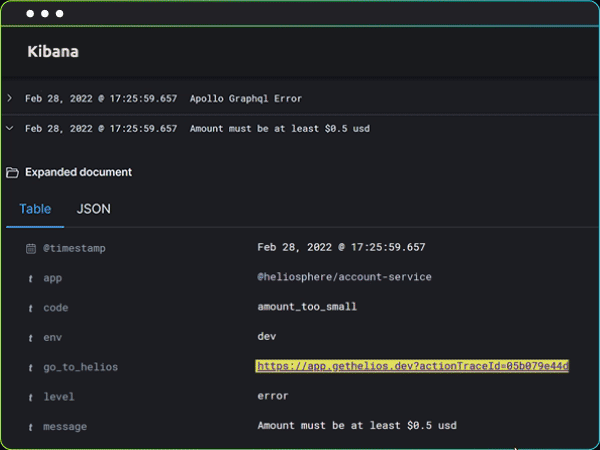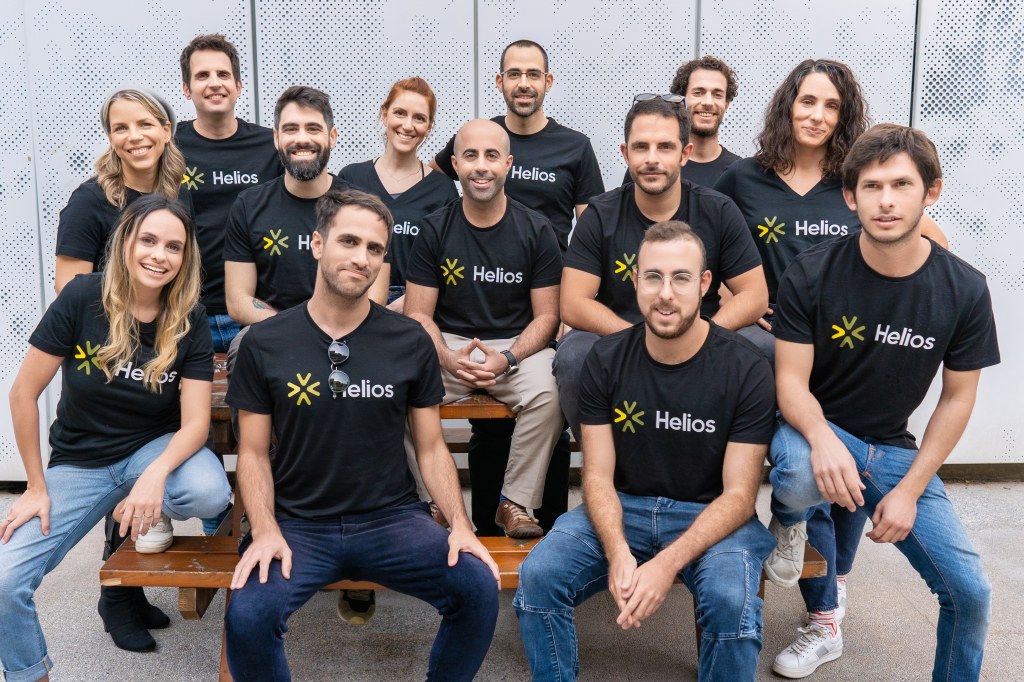Helios, a Tel Aviv–based startup that wants to make it easier for developers to understand, troubleshoot and test their distributed systems during the development phase, today announced its general availability and that it has raised a $5 million seed round co-led by Entrée Capital and Amiti VC. A number of angel investors, including Benny Schnaider, Guy Podjarny (co-founder of Snyk), Adi Sharabani and Yair Amit (co-founders of Skycure) and Guy Fighel (GM at New Relic), also participated in this round.
“We want to help you, as the developer — even before production — to accelerate your development process, your troubleshooting process, your testing process, because today, what we know is that developers really struggle. When you make a change in one place of your system, you don’t necessarily know how it affects the rest of your system,” Helios CEO Eli Cohen, who co-founded the company with CTO Ran Nozik, told me.
Since it’s hard for developers to understand how their code interacts with the rest of the system, the development process often slows down. Meanwhile, even a small bug in one microservice or API can quickly take down a large distributed app.
The idea behind Helios is to help developers understand exactly how their code interacts with the rest of the applications. Using Open Telemetry, a collection of open source observability tools, Helios pulls in distributed tracing data from the application and puts it into context for the developer. That means they can replay exactly how their code interacts with the large applications to more easily find and reproduce issues, for example.

“Growing tech companies often grapple with scaling their cloud-native architecture,” said Eran Bielski, general partner at Entrée Capital, in an email. “Companies want to focus on building a successful business, but often the day-to-day work of developers is full of friction that slows down progress. Helios’ focus on both developer velocity and productivity is exactly what the market needs, and I have little doubt that every software development company in the world will soon be using such a tool.”
The company’s Open Telemetry SDK currently supports Go, Java, .NET, Node.js, Python and Ruby, and the service can integrate with tools like Postman, build systems like Nx.dev, error monitoring solutions like Airbrake and Sentry, as well as data warehouses like Databricks and a number of popular observability platforms and testing frameworks. That should cover quite a lot of use cases, but with the new funding, the company plans to expand the number of integrations over time.
The service, which offers a basic free plan and paid plans starting at $99/month, is now generally available. If you want to see what it looks like before jumping all in, though, the company also offers an easy way to test drive it in a pre-populated sandbox environment, something far more companies should do.

